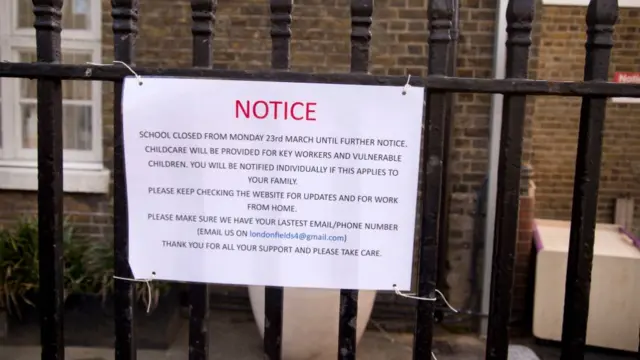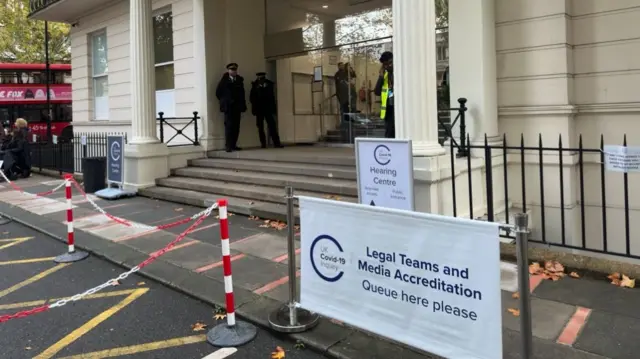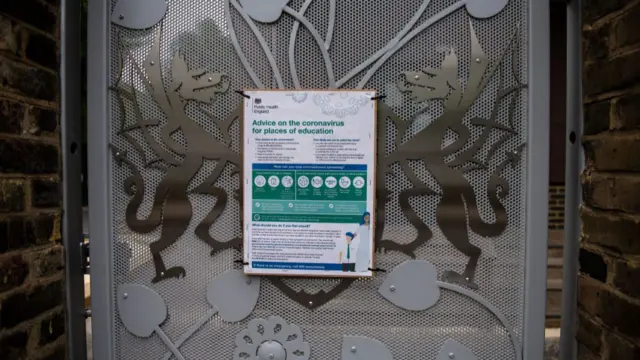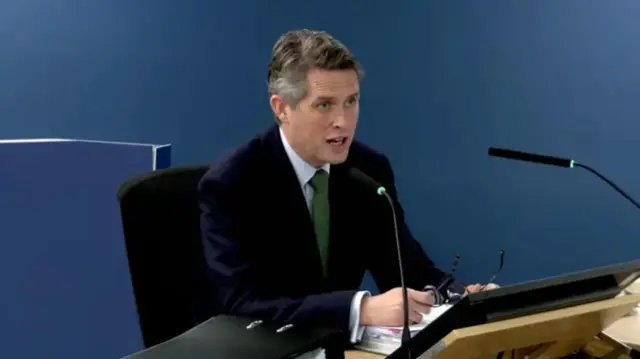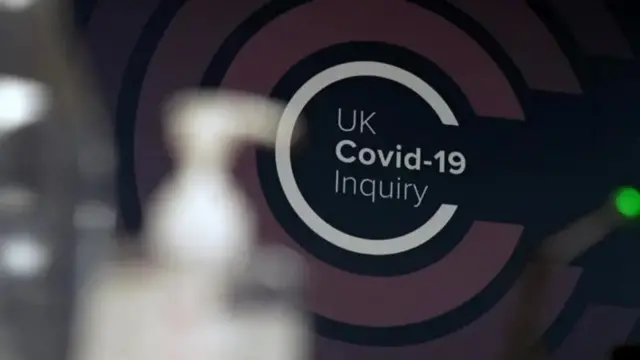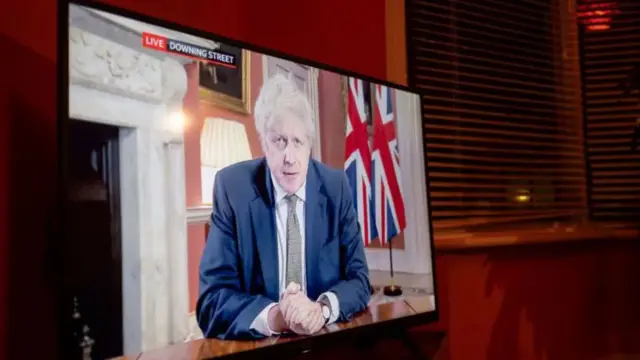'Something had been stolen from me': Young people share how pandemic changed their livespublished at 09:58 BST 21 October
Branwen Jeffreys, education editor and Erica Witherington
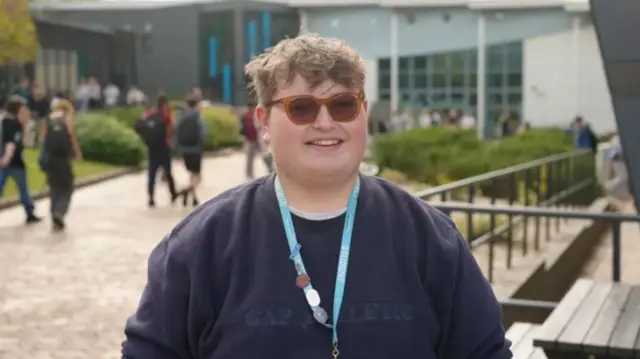
Sam's dad died suddenly during the pandemic, when he was 12
A report last month heard individual accounts from 600 people who were under 18 during the pandemic.
Their experiences told of happy memories of time spent with family, as well as the impact of disruption to schools being moved online, social isolation and the loss of relatives.
Wigan resident Sam was 12 during the first lockdowns and says he found it hard to understand the rules that prevented him from spending more time with his dad.
He says his dad's death left him struggling with regrets that he had "lost a relationship" because of the isolation before his father's death.
"I do feel deep down that something has been stolen from me," he says.
The inquiry is also expected to hear about the experiences of children still living with long Covid, like Avalyn, now 16, who became ill with the virus in October 2021.
"I enjoyed being in school, I enjoyed being social and seeing people, and then suddenly that was taken away from me very quickly," Avalyn says.
